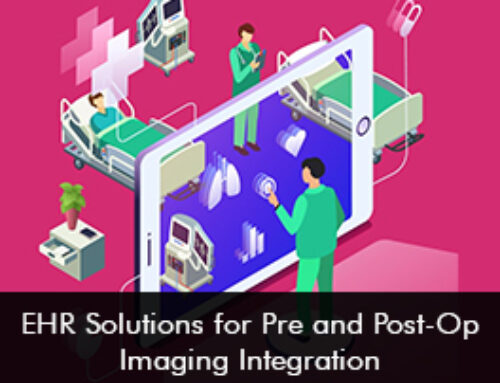Primary care serves as the cornerstone of the healthcare system in the USA, encompassing preventive care, chronic disease management, acute care, mental health services, and specialist referrals. The integration of Electronic Medical Records (EMR) and Electronic Health Records (EHR) software systems has significantly enhanced primary care delivery. High-quality primary care improves overall health outcomes and prevents disease, a fact supported by numerous studies.
Essential Features of Primary Care EMR/EHR Software
Primary care physicians manage a wide range of health issues, necessitating EHR software that meets the diverse demands of their practice. To empower physicians and reduce clinical, administrative, and financial burdens, the following Electronic Medical Records system tools are crucial:
- Patient Charting: A comprehensive primary care Electronic Health Records system includes digital patient records with complete medical histories. Information on immunizations, allergies, and medications provides clinicians with a solid foundation for offering safe and high-quality treatment.
- Electronic Prescribing (e-Rx): This feature aids primary care physicians in managing medications effectively. It allows for electronic prescription and refill management while checking for drug interactions to improve patient safety and ensure appropriate medication usage.
- Clinical Decision Support: Automated reminders for screenings and follow-up visits ensure patients adhere to their care plans, alleviating the burden on physicians to remember each patient’s schedule and improving overall care continuity.
- Billing and Coding: A robust primary care EMR system integrates seamlessly with practice management software to streamline billing functions, reducing administrative workload and minimizing errors.
- Customizable Templates: These templates can be tailored to meet the specific needs of various primary care specialties, such as pediatrics and geriatrics, enhancing workflow efficiency.
Leading EMR/EHR Software Vendors for Primary Care
- Epic EMR Software
Features: Epic’s all-in-one EHR software includes comprehensive patient documentation, electronic prescribing, lab integration, patient portals, telemedicine, billing, and scheduling.
Why Users Prefer Epic EHR: Epic is highly flexible, widely adopted, and offers excellent compatibility and interoperability, making it a favored choice among healthcare providers.
- Athenahealth EMR Software
Features: Athenahealth offers a robust EHR platform with analytics, telehealth, patient engagement, revenue cycle management, and clinical care solutions.
Why Users Like Athenahealth EHR: Providers appreciate Athenahealth’s excellent customer support and intuitive software system, which enhances user experience and operational efficiency.
- eClinicalWorks EMR Software
Features: This comprehensive EHR software includes tools for patient flow management, telehealth, population health, analytics, and patient engagement.
Why Users Select eClinicalWorks: The software is known for its cost-effectiveness and user-friendliness, making it a popular choice among users.
Conclusion
Incorporating the right EMR or EHR software can transform your primary care practice, enhancing efficiency, reducing administrative burdens, and improving patient care quality. When selecting an EMR or EHR system for your primary care practice, factors such as cost, practice-specific requirements, scalability, ease of use, and integration with other systems are important to consider. Exploring various options and seeking feedback from other users in your industry can provide valuable insights. By understanding the features and benefits of different EMR/EHR systems and aligning them with your practice’s needs, you can make an informed decision that supports optimal healthcare delivery.







